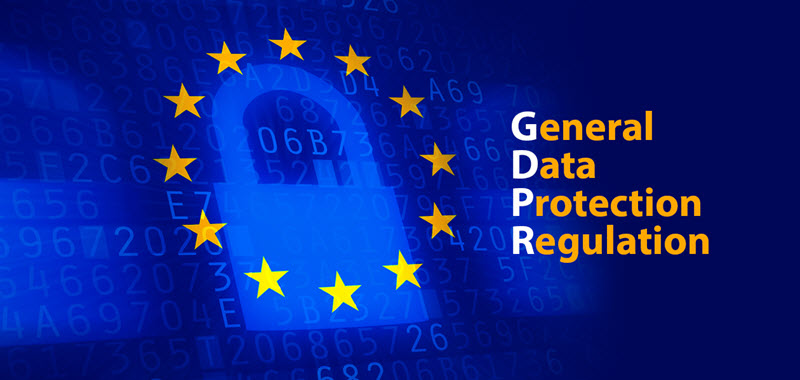BPM plays especially important role in all situations related to regulations and compliance. This is not accidental. Any regulation is a set of requirements and complementary procedures necessary to fulfill these requirements. Therefore, conformance to requirements can and should be expressed in a form of a business model. GDPR is just another standard to prove this common rule together with ISO, HIPPA and many others.
Especially, in case of GDPR one may even say that its implementation literally boils down to BPM and process adjustments. How else one can plan, implement and prove GDPR compliance, if not through process driven system design? It is fairly unlikely that GDPR will cause total replacement of existing digital business platforms. Instead, platforms will be adapted to follow GDPR procedures, in other words, processes.
We may think of GDPR as one of the world's biggest BPM initiates bringing process driven practices into daily routine of every business.
CaseAgile announces a new release of Enterprise Composer™ add-on for Microsoft® Visio, which supports transparent exchange of BPMN diagrams designed in Visio with leading BPMN tools. CaseAgile will demonstrate capabilities of Enterprise Composer™ on upcoming "BPMN IN ACTION" event organized by The Object Management Group (OMG) in Seattle at December 10, 2018. Enterprise Composer™ offers a seamless and efficient way for every Visio® user into the world of professional business process management (BPM) systems and process automation. By using Enterprise Composer™, Microsoft® Visio can create executable processes fully compatible with BPMN™ 2.0 standard from OMG®, which is the global de-facto etalon for modeling business processes and can be used both by businesses and IT. Every BPM practitioner working with Microsoft® Visio now can import BPM models created in most popular BPM suites directly into Visio® and can export models cre...
Comments
Post a Comment